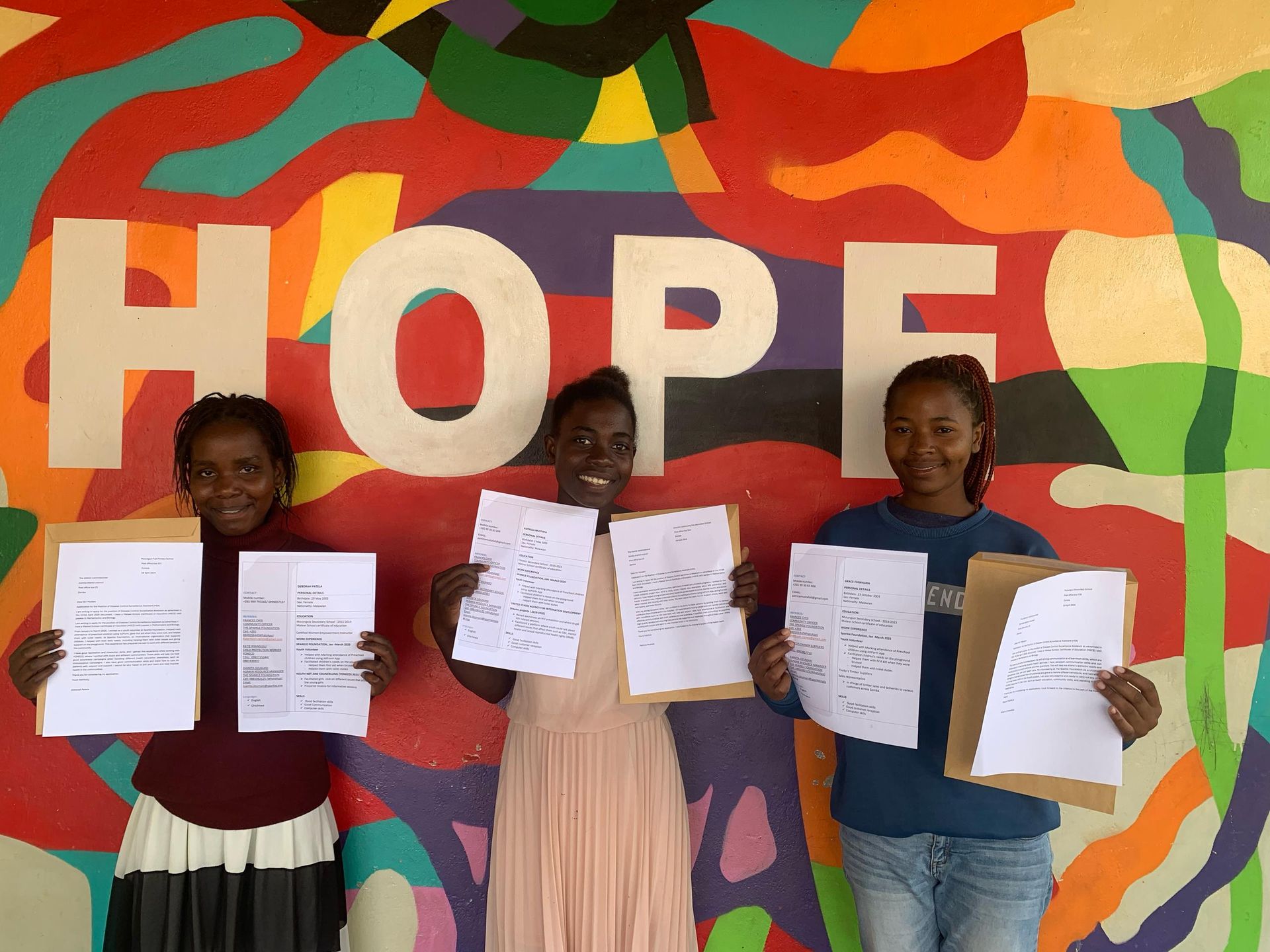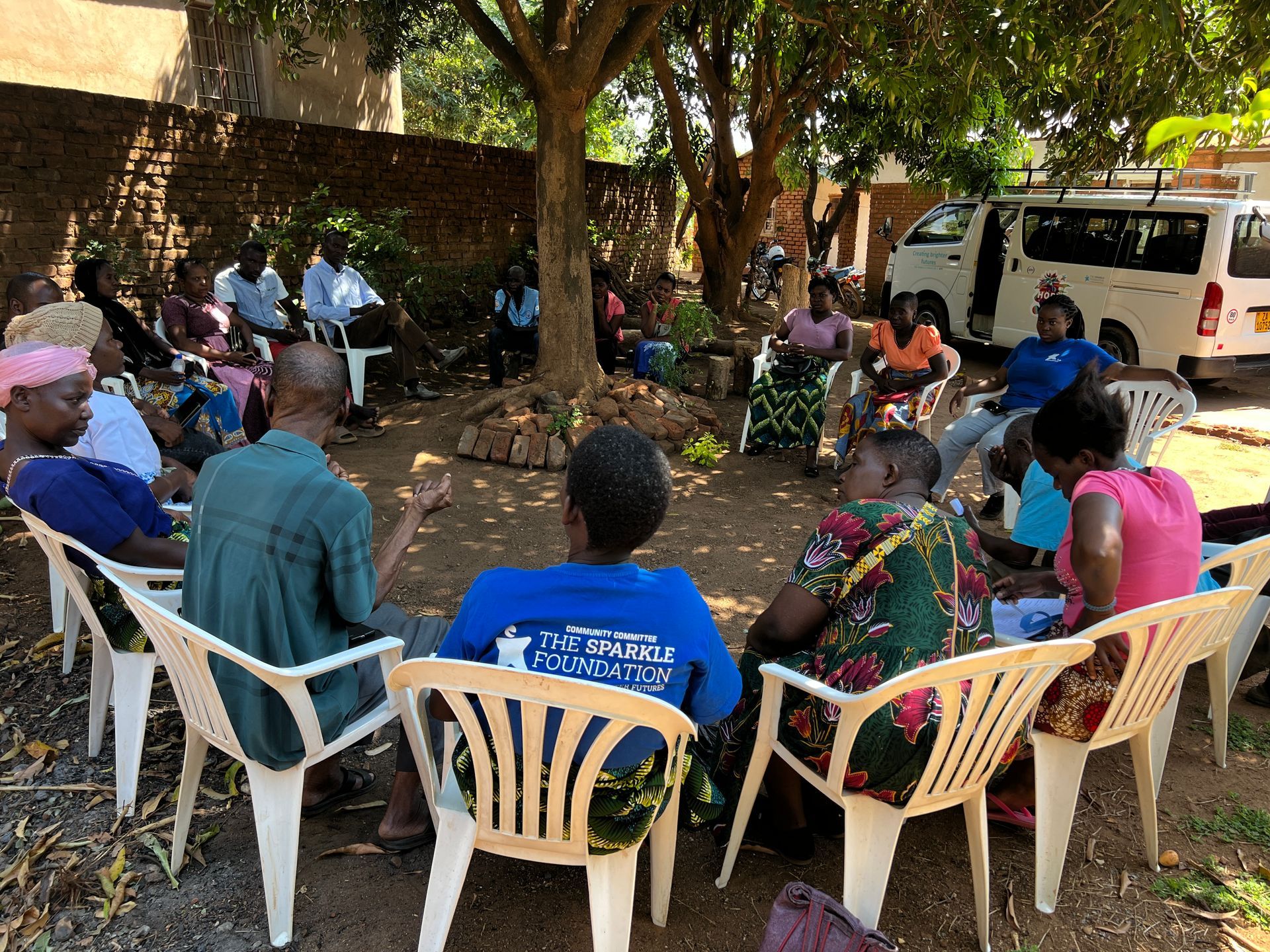Why the Youth Matter: Investing in Malawi's Future Today
In Malawi, the heartbeat of the nation is undeniably young. With over 70% of the population under the age of 30, and nearly half under 18, we’re one of the youngest countries in the world. That’s both an incredible opportunity and a serious challenge. Without the right support, this “youth bulge” could become a burden. But with the right investment, it could drive Malawi forward in ways we can only begin to imagine.
Behind the Numbers
On paper, this youthful population sounds like an economic dream. But the reality? Many young people in Malawi are struggling. Youth unemployment is high, with estimates suggesting that over a quarter of those aged 15 to 24 are out of work. Even more are trapped in the informal sector, with few prospects for advancement or stability.
These statistics aren’t just numbers. They’re young lives full of potential that’s going unnoticed, untapped, and unfulfilled. That’s a loss not just for them, but for all of us.

Why Investing Early Matters
Supporting young people isn’t just the right thing to do, it’s the smart thing to do. The earlier we start, the more impact we can make. Skills take time to develop, confidence takes time to build, and opportunities often come to those who are prepared to grab them.
It’s also about prevention. Empowering young people early on helps reduce the risk of long-term unemployment, poverty, and disengagement. It means they’re more likely to stay in school, stay healthy, and stay involved in their communities.
As the saying goes, “Build youth, build the nation.”
Empowerment in Action - Sparkle's Approach
That’s exactly what The Sparkle Foundation is doing. Sparkle believes that young people aren’t just the leaders of tomorrow, they’re changemakers today.
Through workshops on workforce readiness, CV writing, job interviews and personal branding, Sparkle gives young people the tools to compete in a tough job market. But that’s just the beginning.
Sparkle also runs a vibrant sports programme, helping young people learn teamwork, discipline, and goal-setting, all while staying active and healthy. It’s not just about physical fitness, it’s about building resilience and character in a fun, inclusive way.
Then there’s volunteering. Sparkle offers young people the chance to get involved in their communities, take initiative, and gain valuable experience along the way. These platforms for action give them a sense of purpose, help them grow into leaders, and offer direction at a time when many feel uncertain about their future.
It’s about more than just skills. It’s about identity, belonging, and self-belief.
What Empowerment Really Looks Like
Empowerment doesn’t have to be dramatic. Often, it’s the small things that lead to the biggest changes.
It’s a school leaver learning how to write their first CV and landing an internship. It’s a young girl launching a micro-business and learning to believe in her own potential. It’s a teenage footballer discovering teamwork, discipline, and what it means to lead. It’s a young volunteer stepping up to organise a community clean-up and realising their voice matters.
These are the moments that build confidence, open doors, and change lives.
Where We Go From Here
If Malawi wants to truly harness the power of its young people, we all have a role to play. Government needs to prioritise education, vocational training and youth employment. The private sector can offer mentorship, apprenticeships and real job opportunities. And communities need to encourage, support and believe in their young people.
Because when we invest in youth, we’re investing in a more resilient, more innovative, and more inclusive Malawi.
Final Thoughts
The youth of Malawi are not just waiting for a better future, they’re ready to build it. What they need is a fair shot — the right guidance, the right skills, and the belief that they can do it.
At Sparkle, we’ve seen just how powerful that can be. A little support, a little direction, and a safe space to grow — that’s all it takes to help a young person go from surviving to thriving.







